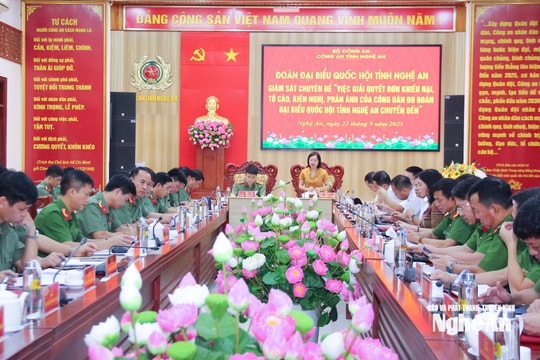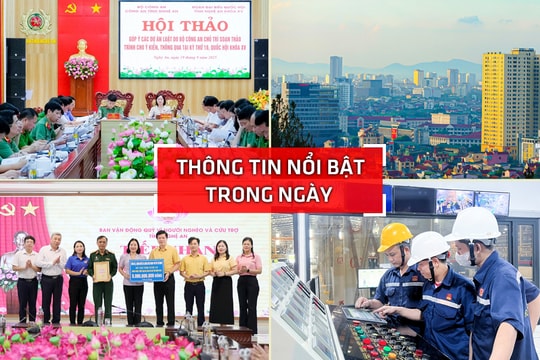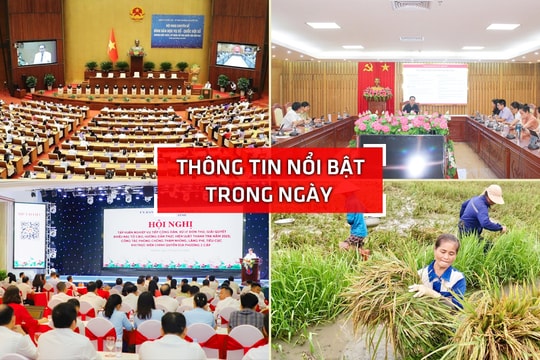What principles are used to resolve labor disputes?
(Baonghean.vn) - Recently, in Nghe An province, there have been a number of labor disputes. I would like to know: What is a labor dispute? What are the types of labor disputes regulated and what are the principles for resolving labor disputes? (NTTB - Do Luong).
Reply:
What is a labor dispute?
According to Clause 1, Article 179 of the 2019 Labor Code, a labor dispute is a dispute over rights, obligations, and interests arising between parties in the process of establishing, implementing, or terminating labor relations; a dispute between representative organizations.workerswith each other; disputes arising from relationships directly related to labor relations.
Types of labor disputes:
Types of labor disputes under Clause 1, Article 179 of the 2019 Labor Code include:
- Individual labor disputes between employees and employers; between employees and enterprises or organizations sending employees to work abroad under contracts; between hired employees and employers hiring them;
- Collective labor disputes on rights or interests between one or more organizations representing employees and the employer or one or more organizations of employers.

Principles of labor dispute resolution:
The principles for resolving labor disputes according to Article 180 of the 2019 Labor Code are as follows:
- Respect the parties' right to self-determination through negotiation throughout the labor dispute resolution process.
- Respect the settlement of labor disputes through conciliation and arbitration on the basis of respecting the rights and interests of both disputing parties, respecting the common interests of society, and not violating the law.
- Open, transparent, objective, timely, quick and legal.
- Ensure the participation of representatives of the parties in the process of resolving labor disputes.
- Labor dispute settlement is conducted by competent agencies, organizations and individuals after receiving a request from the disputing party or upon the request of competent agencies, organizations and individuals and with the consent of the disputing parties./.




.jpg)



